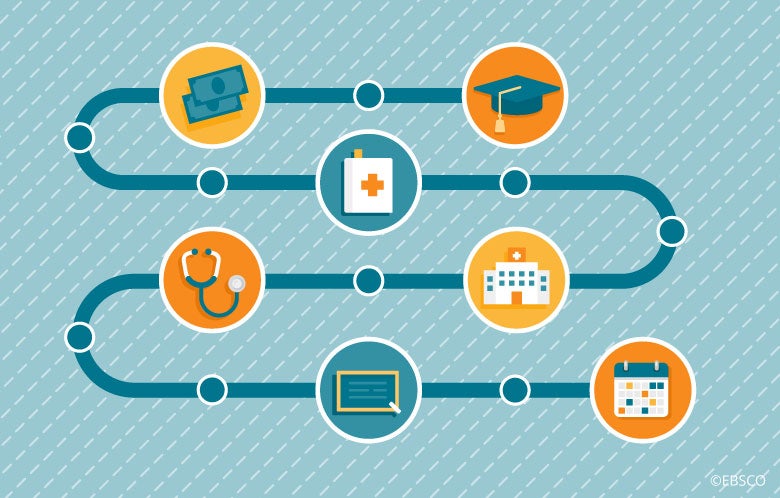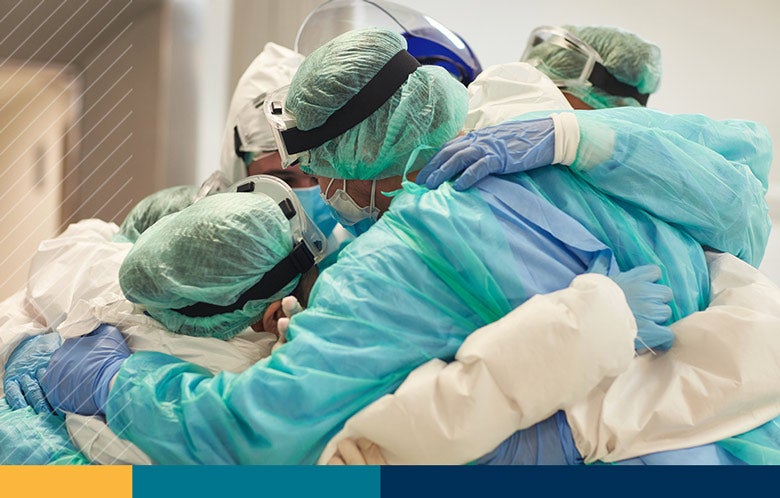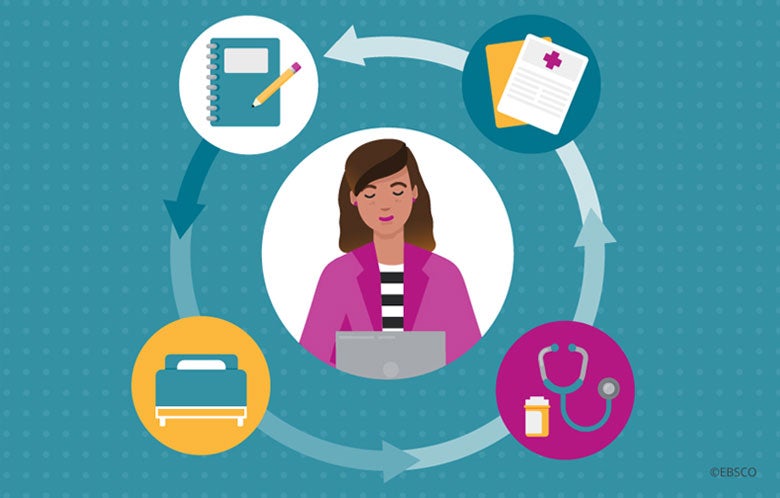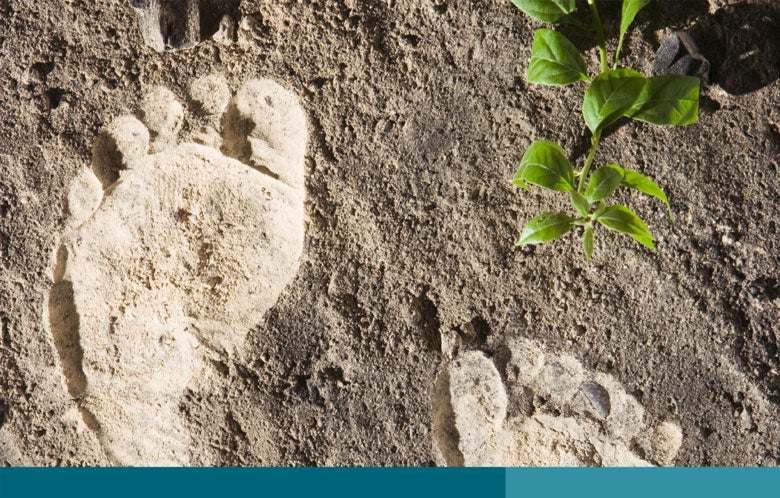I knew even as I graduated and collected my MBA, I could not imagine how a focus on macroeconomics would fill my spirit over the course of a career and I soon began to look for a way forward. Commercial lending and managing a currency trading floor were stimulating, but not personally compelling. Career counseling followed and, after I completed the multi-year work obligation to my employer (the financial institution that had underwritten my graduate school business education), I left banking, my fancy title, impressive salary and I enrolled in nursing school.
I wanted to work in surgical critical care and will never forget my first day as a registered nurse. It was terrifying to walk into the emergency department of one of our nation’s largest public hospitals. It was a world of nonstop gang warfare, gunshot wounds and horrific trauma. The medical side presented pathophysiology not commonly seen with insured populations and the daily challenge was unremitting. I absorbed it all and walked to my car every evening feeling exhausted but enormously grateful for how nursing’s demands met my intellectual and emotional needs.
As a nurse, you have the chance to help people on their worst days as they struggle to cope with their greatest fears. When dealing with the very sick, the pressure can be intense and mistakes fatal. You must anticipate and prepare for what can happen three hours away, not just react to problems as they occur. You are constantly thinking, “What does this patient need? What can I do for them?” It is exhilarating and validating.
Although the adrenaline of the work was addictive, I felt most rewarded when I could share my knowledge to empower patients and their families to better understand these frequently overwhelming situations, feel supported and make informed health-related decisions.
Although the adrenaline of the work was addictive, I felt most rewarded when I could share my knowledge to empower patients and their families to better understand these frequently overwhelming situations, feel supported and make informed health-related decisions.
I loved my years at the bedside. From the emergency department, I joined surgical/trauma ICUs and eventually a cardiac transplant team. Titrating hemodynamic meds while managing a balloon pump and LVAD was complex and demanding. Although the adrenaline of the work was addictive, I felt most rewarded when I could share my knowledge to empower patients and their families to better understand these frequently overwhelming situations, feel supported and make informed health-related decisions.
I completed my master’s degree and began to work as a nurse practitioner in a public health clinic and teaching anatomy and physiology classes at the university level. Later, I taught in the education department of a large hospital, seeing new nurses through orientation, evaluating mega-Codes in ACLS classes, and preaching the gospel of early intervention in everything from stroke, myocardial infarction, to sepsis treatment. The desire to teach kept pulling me toward education.
Today, I work in nursing continuing education and oversee nursing and medical accreditation. My “patients” are the nurses who use the “best-evidence” content we deliver to support them in their work. I feel great pride in knowing I am part of an extraordinary team that has awarded millions of continuing education credits for professional education. I am humbled to support the work of the women and men who go out to each shift with the mission and purpose of sharing their hearts and minds, and I always feel grateful for the continued opportunity to contribute.



